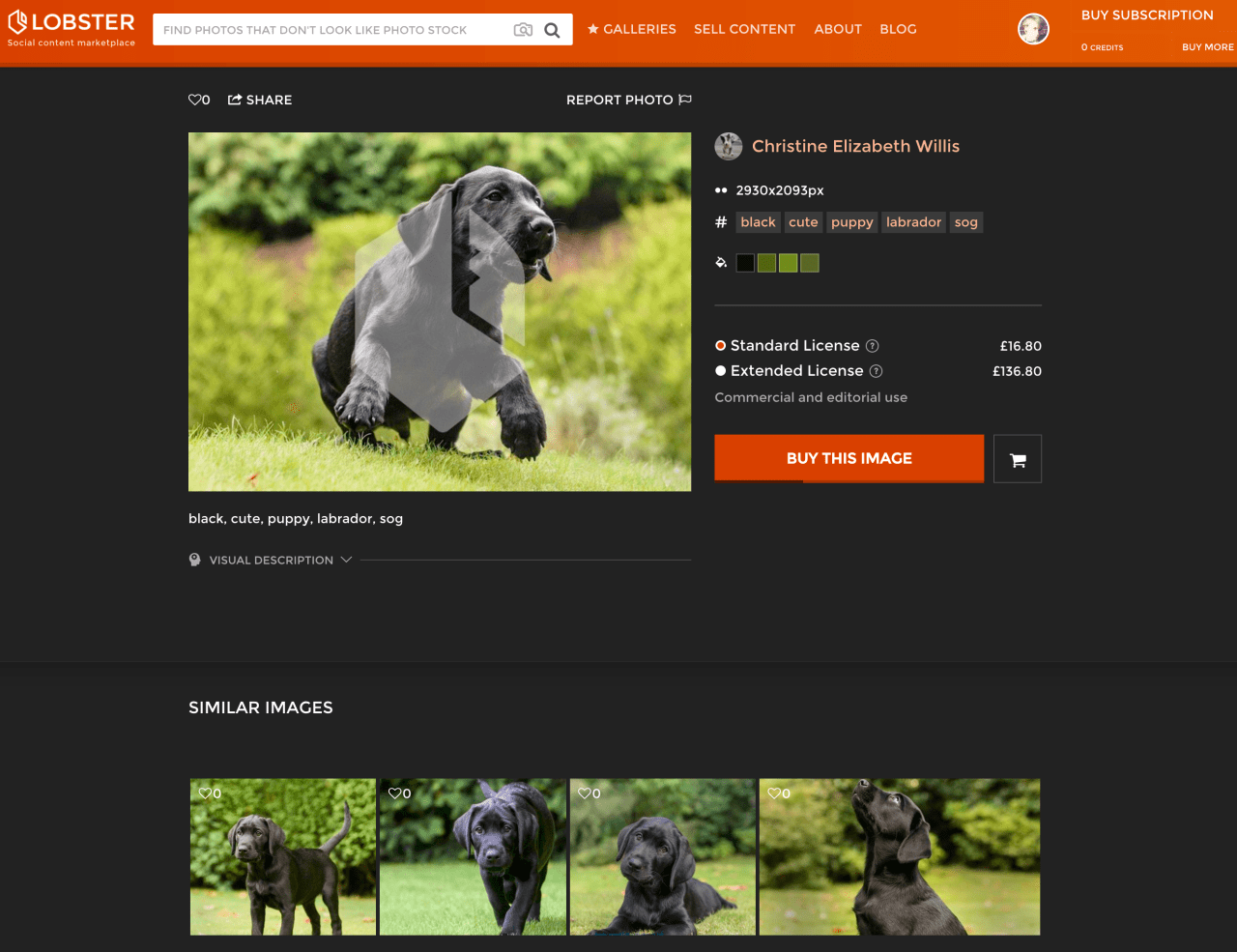In the ever-evolving landscape of digital content, the U.K.-based startup Lobster has carved out a unique niche with its user-generated content licensing marketplace. Having recently secured a £1 million Series A funding, the company is poised to scale its operations and enhance its offerings. With a robust foundation already built from previous funding rounds, Lobster aims to simplify the legal complexities of content usage for brands and agencies while empowering contributors to gain financially from their creative output. This blog post delves into Lobster’s strategic vision, technological innovations, and the broader impact of user-generated content on the marketing sphere.
The Power of User-Generated Content
At the heart of Lobster’s model lies a simple yet powerful concept: tapping into the vast reservoir of user-generated content (UGC) available across various social media platforms. As businesses increasingly seek authentic imagery for marketing purposes, user-generated content poses a compelling alternative to traditional stock photography. This shift reflects a broader trend in advertising where authenticity and relatability have become paramount; brands now prefer real-life visuals over staged ones.
Lobster’s platform not only enables brands to locate and license content quickly but also allows users to earn money on the side. By creating an ecosystem that incentivizes social media users to share their content, Lobster is fostering a mutually beneficial relationship between brands and creators. As co-founder and CEO Olga Egorsheva notes, “It’s passive work,” allowing contributors to make money simply by continuing their usual online engagement.
Leveraging AI to Enhance Content Discovery
With the recent influx of funding, Lobster is set to prioritize AI-powered tools that improve content discovery and ranking. The technology enables the platform to automatically index metadata, including hashtags and geolocation. This functionality allows users and brands to navigate a library of over five million pieces of content effectively. Furthermore, Lobster’s AI capabilities extend to automatic tagging, face recognition, and even color palette matching to ensure brands can find imagery that aligns perfectly with their marketing needs.
As digital landscapes become increasingly competitive, the integration of sophisticated AI tools represents an essential step forward not only for Lobster but for the industry as a whole. With ambitions to introduce dedicated video search capabilities, Lobster can further refine how brands interact with UGC, discovering new dimensions of creativity in the process.
Expanding Globally and Fostering Partnerships
The seeds of Lobster’s growth lie in its expansion strategy. With plans to bolster its presence in key markets like the U.S. and Asia, the company is set to establish new offices aimed at nurturing relationships with global brands and marketing agencies. The recent Series A funding will play a critical role in driving these international marketing efforts.
Additionally, the startup is keen on developing API integrations to streamline various aspects of content licensing. Lobster’s recent collaboration with the U.K. website builder Moonfruit signifies the start of this journey, with aspirations to partner with larger entities like Adobe in the future. Such integrations not only simplify usability for marketers but also enhance the platform’s overall reach.
The Evolving Landscape of Content Licensing
The phenomenon of user-generated content is reshaping the traditional paradigms of licensing and rights management. Lobster’s approach emphasizes simplicity, utilizing non-exclusive agreements that reduce barriers for users while broadening brand access to a diverse pool of visuals. The platform’s automated pricing system, based on factors like content resolution and popularity, streamlines the licensing process, making it more accessible for brands of all sizes.
With around 30 clients, including reputable brands like Hills Pets and Colgate Palmolive, Lobster is proving that user-generated content can hold immense value for even the most established companies. By empowering contributors to share their creations legally, Lobster not only helps curb the pervasive issue of copyright infringement but also champions a culture built on creativity and legal permissions.
Conclusion: The Future of User-Generated Content Licensing
As Lobster continues to advance its marketplace through strategic funding, technological improvements, and global partnerships, it stands at the forefront of a transformative era for user-generated content. By simplifying the licensing process and fostering collaborations, Lobster is poised to redefine how brands source content while enabling millions of creators to earn a reward for their spontaneous social media contributions. As the landscape shifts, the synergy between brands and users will only grow stronger, paving the way for a more inclusive and innovative digital ecosystem.
At fxis.ai, we believe that such advancements are crucial for the future of AI, as they enable more comprehensive and effective solutions. Our team is continually exploring new methodologies to push the envelope in artificial intelligence, ensuring that our clients benefit from the latest technological innovations. For more insights, updates, or to collaborate on AI development projects, stay connected with fxis.ai.

